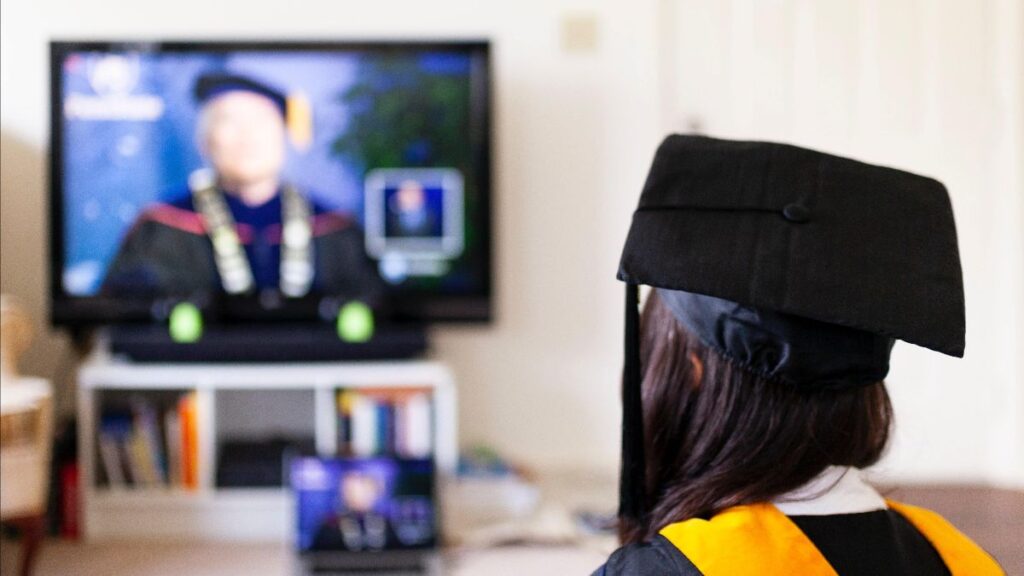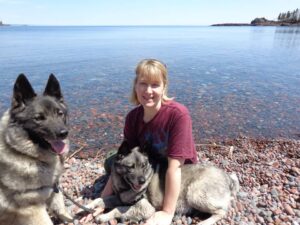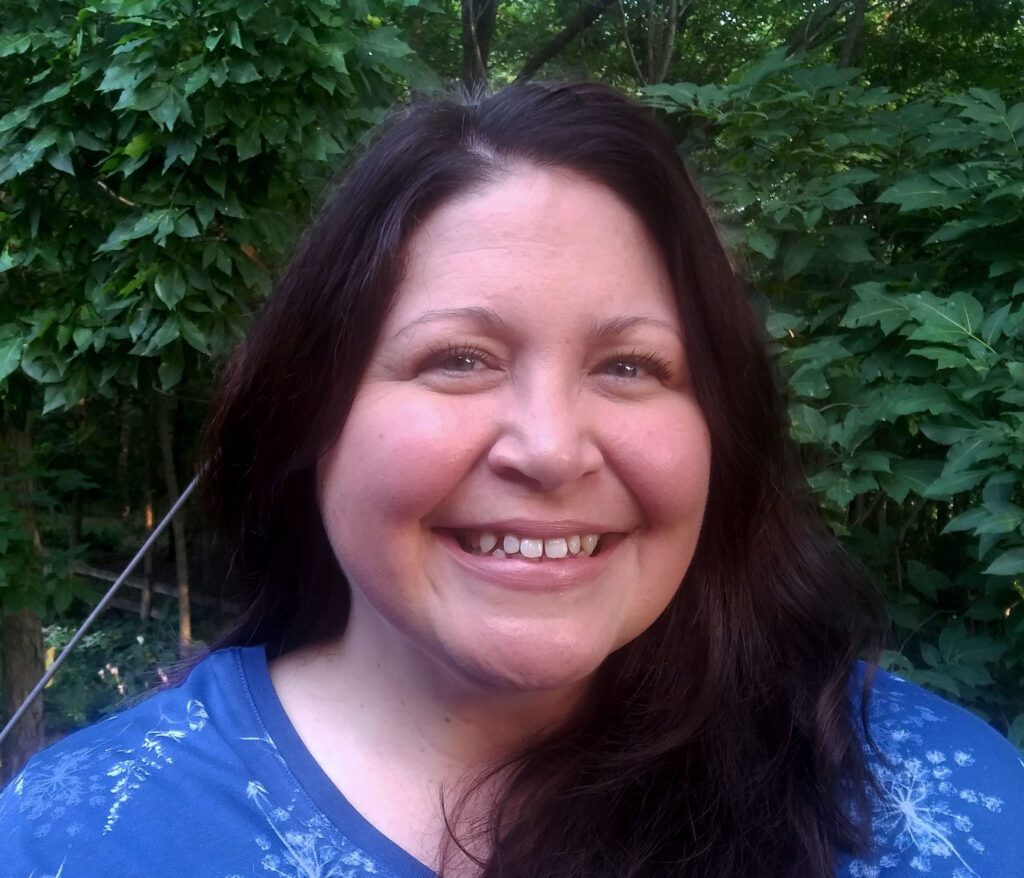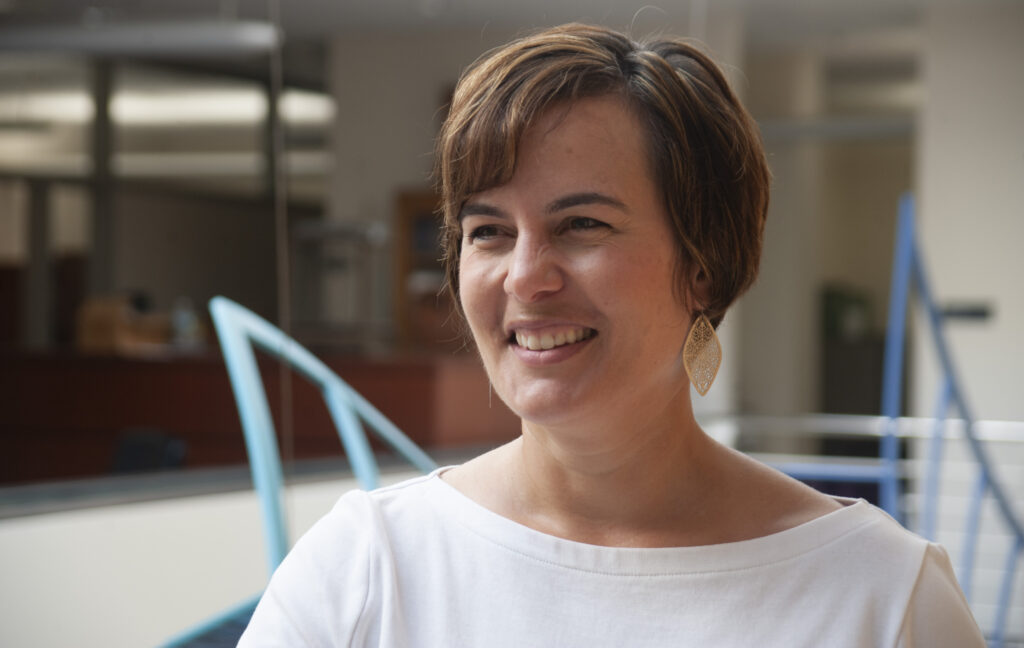 We’ve all likely heard the statistic: 70% of medical decisions are based on laboratory diagnostics. During Medical Laboratory Professionals Week, aka “Lab Week” we are reminded of this and other ways we make meaningful impact in patient care. It’s a week of celebration, but also a week to heighten the visibility of our careers, as much of the public is still not as aware of our profession and our contribution to patient care. With the onset of a global pandemic, many members of our professional community indicate Phlebotomists, Medical Technologists, and Technicians have gained significant visibility as media outlets cover the COVID-19 testing efforts. Last year, the New York Times published an article about the stresses medical laboratory professionals face, including many personal stories of long hours, sleepless nights and lack of social interaction with the demands of increased testing exacerbating pre-pandemic issues, such as staffing shortages. Never before has the public had such an in-depth look at the word of medical laboratories. In this article, educators and scientists speak to the importance of increasing meaningful visibility in the media and in classrooms in order to help attract and grow a pool of qualified talent in medical laboratories.
We’ve all likely heard the statistic: 70% of medical decisions are based on laboratory diagnostics. During Medical Laboratory Professionals Week, aka “Lab Week” we are reminded of this and other ways we make meaningful impact in patient care. It’s a week of celebration, but also a week to heighten the visibility of our careers, as much of the public is still not as aware of our profession and our contribution to patient care. With the onset of a global pandemic, many members of our professional community indicate Phlebotomists, Medical Technologists, and Technicians have gained significant visibility as media outlets cover the COVID-19 testing efforts. Last year, the New York Times published an article about the stresses medical laboratory professionals face, including many personal stories of long hours, sleepless nights and lack of social interaction with the demands of increased testing exacerbating pre-pandemic issues, such as staffing shortages. Never before has the public had such an in-depth look at the word of medical laboratories. In this article, educators and scientists speak to the importance of increasing meaningful visibility in the media and in classrooms in order to help attract and grow a pool of qualified talent in medical laboratories.
Michelle Schulfer, Clinical Coordinator and Senior Lecturer for Clinical Laboratory Science at the UW-Stevens Point, says while there is some increased visibility in the media due in part to the pandemic, there’s a lot of missed opportunity to give the people featured in the B-roll footage of the local news an identity. Often Michelle will be watching the nightly news report on the latest testing efforts at the local hospital and spot some of her former students in the broadcast. Occasionally, the station will air a clip of one of the reporters talking with the hospital’s lab manager, who is also a former student of Michelle’s.
“I think to myself, ‘tell the reporters who you are and what you all do!’ People know about doctors and nurses, but they do not know our name as medical laboratory professionals. People need to hear our profession name and what we do, so they can aspire to it,” said Michelle.
Such missed opportunities in the midst of ongoing staffing shortages could be alleviated by a deeper public focus in the news media. “We are doing great things. It’s important to give our work an identity,” adds Michelle. She also addressed the importance of the stories, nuances, and opportunities that exist for both Medical Laboratory Scientists and Medical Laboratory Technician. Leah Narans, Program Director of Medical Technician and Phlebotomy Programs at Madison College, agrees and discussed the importance of word-of-mouth outreach, including strategies such as inviting Medical Technologists and Technicians to talk with grade schools about what they do, whether it’s part of a science unit or career learning opportunity.
“It’s important to reach out and connect with high school counselors and give them a name for what we do,” Leah Narans says. “Again, it’s all about the name.” Before the pandemic hit last year, Leah Narans spoke with 60 high school counselors. In the meeting, Leah discussed the 2-year program at Madison College, where students are getting certified, getting 100% job placement, and then getting tuition reimbursement if they decide to go on and get their Bachelor’s Degree and their Master’s Degree to become a Medical Lab Scientist or Lab Manager. “Their eyes nearly exploded with amazement when I told them,” said Leah. “They had no idea what to expect!”
As educators work to increase enrollment in medical laboratory science education programs, they discuss the urgency of their work given other external factors that are both within and beyond the scope of the pandemic. One factor that Michelle and Leah both discuss is the possible “retirement bubble,” that may further widen during the course of the pandemic. According to the Medical Laboratory Observer’s 2020 Annual Salary Survey report, 45% of all medical laboratory professionals have a minimum of 20 years’ experience, with 31% having 25 or more years of experience.
Only 23% have 5 years or less of experience. At the same time, medical laboratory sciences can expect a lot of job market growth in the coming years.
According to the Bureau of Labor Statistics, the overall job outlook for Medical Laboratory Scientists and Technicians is solid, expecting to grow 13% between 2019 and 2029, faster than the average for all occupations. The government attributes this growth in part to the aging population, leading to additional diagnostic testing. According to a survey report in the May 2018 issue of the American Journal of Clinical Pathology, this data “strongly suggested the crucial need in the supply of qualified and certified laboratory personnel.” With a “retirement bubble” potentially on the horizon and there being a growing need for lab qualified and certified professionals, recruitment and retention of students in accredited Medical Laboratory Science programs is key.
In a recent “Inside the Lab” podcast episode produced by ASCP, three educators discussed the educational recruitment and retention strategies and resources available to them to address this issue. Strategies shared included implementing more practical lab experience for high school students and inviting Medical Laboratory Professionals to teach a special lesson to students, during a unit on blood, for example. The podcast also highlights resources that ASCP offers to assist with such strategies—ASCP’s Patient Champions curriculum that can be incorporated into lessons and ASCP’s Career Ambassador’s program, which encourages Medical Laboratory Professionals to share their passion for their careers with students, and how they can make a difference as a Medical Laboratory Scientist or Medical Laboratory Technician.
Laura Schreiber, Microbiology Proficiency Testing Coordinator for WSLH Proficiency Testing, says “I would want to show students how exciting it is to get to read about a new test that could make a great impact, and then getting to perform such a test in the lab a few years later. Being a part of a rapidly changing field where I am learning something new all of the time is very fulfilling.”
Laura worked on the bench for years (and still does part-time), before deciding to pursue her current position as a coordinator for a proficiency testing provider. She adds that while both jobs comes with its challenges, her love for her jobs both on and off the bench to improve laboratory quality outweighs the rest. She said she does not take for granted the love she has for her work as a Medical Laboratory Scientist.
Laura was a few years out of college, working in a different field, when she realized her career wasn’t fulfilling. She saw how happy her Mom seemed in her career as a Medical Laboratory Scientist, and wanted to capture that same career fulfillment. She was inspired to follow her Mom’s path, while forging her own as a Medical Laboratory Scientist specialized in Microbiology.
“I always loved Microbiology as a kid,” said Laura. “Having dedicated teachers and people in my life who supported my curiosity and interest in Microbiology made all the difference.”
Stories like Laura’s are important to tell, so that other individuals aspiring to make a difference in their careers can see what is possible. As the need for qualified medical laboratory professionals grow, educators will work to increase the number of graduates to fill vacancies in the laboratory. For those of us in the lab full-time, we can amplify such strategies by providing virtual (and eventually in-person) shadowing opportunities, classroom visits, and story sharing. Sharing our journey and our passion as medical laboratory professionals not only during Medical Professionals Lab Week but year-round will help grow the time and talent we need to maintain a happier, more sustainable workforce and laboratory quality, overall.

 Meet Tracy Servey! Tracy is a Medical Technologist and Proficiency Testing Coordinator for WSLH Proficiency Testing. Hailing from the Mid-Atlantic region of the United States, Tracy grew up in Meadville, Pennsylvania. Upon graduating high school, Tracy attended college at the Clarion University of Pennsylvania and at the St. Vincent School of Medical Technology, graduating with the class of 1997.
Meet Tracy Servey! Tracy is a Medical Technologist and Proficiency Testing Coordinator for WSLH Proficiency Testing. Hailing from the Mid-Atlantic region of the United States, Tracy grew up in Meadville, Pennsylvania. Upon graduating high school, Tracy attended college at the Clarion University of Pennsylvania and at the St. Vincent School of Medical Technology, graduating with the class of 1997.


 We’ve all likel
We’ve all likel